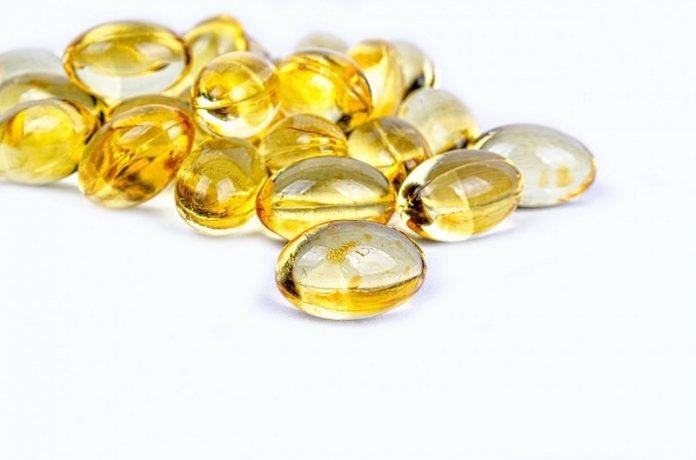
In a new study, researchers found an association between low levels of vitamin D and high numbers of COVID-19 cases and death rates across 20 European countries.
The research was conducted by a team at Anglia Ruskin University and elsewhere.
Previous studies have found a link between low levels of vitamin D and susceptibility to acute respiratory tract infections.
Vitamin D modulates the response of white blood cells, preventing them from releasing too many inflammatory cytokines.
The COVID-19 virus is known to cause an excess of pro-inflammatory cytokines.
Italy and Spain have both experienced high COVID-19 mortality rates, and the new study shows that both countries have lower average vitamin D levels than most northern European countries.
This is partly because people in southern Europe, particularly the elderly, avoid the strong sun, while skin pigmentation also reduces natural vitamin D synthesis.
In the study, the highest average levels of vitamin D are found in northern Europe, due to the consumption of cod liver oil and vitamin D supplements, and possibly less sun avoidance.
Scandinavian nations are among the countries with the lowest number of COVID-19 cases and mortality rates per head of population in Europe.
The team found a strong crude relationship between average vitamin D levels and the number of COVID-19 cases, and particularly COVID-19 mortality rates, per head of population across the 20 European countries.
They say that vitamin D has been shown to protect against acute respiratory infections, and older adults, the group most deficient in vitamin D, are also the ones most seriously affected by COVID-19.
They suggest it would be advisable to perform dedicated studies looking at vitamin D levels in COVID-19 patients with different degrees of disease severity.
One lead author of the study is Dr. Lee Smith of Anglia Ruskin University.
The study is published in Aging Clinical and Experimental Research.
Copyright © 2020 Knowridge Science Report. All rights reserved.



